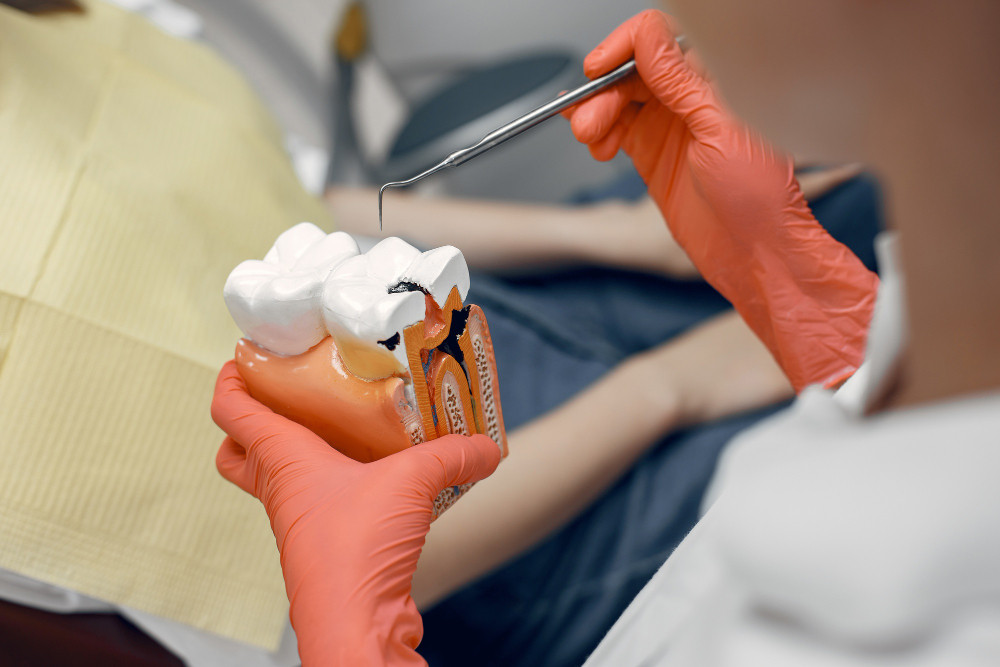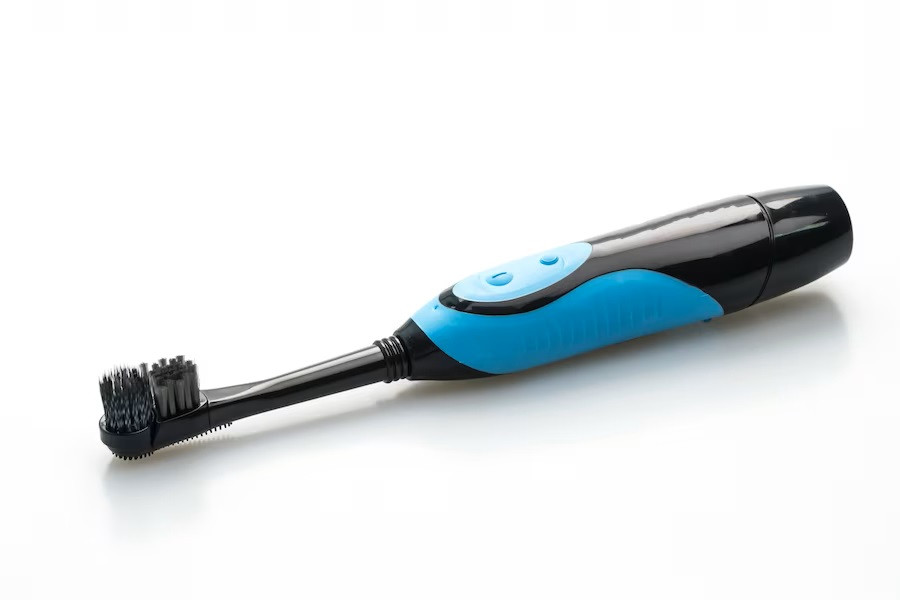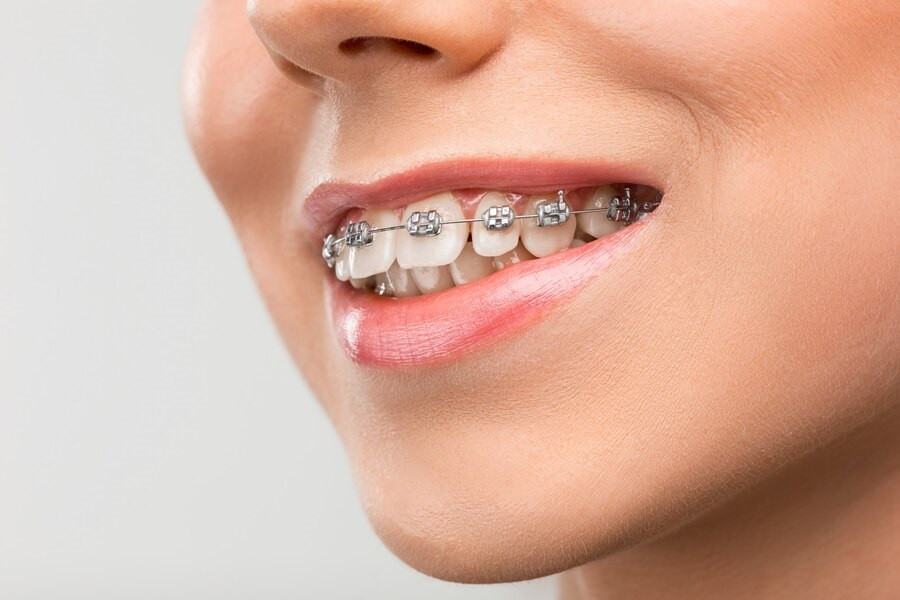It is recommended for pregnant women to have regular prenatal checkups, including dental and oral health evaluations. Hormonal changes during pregnancy can increase the risk of gum inflammation, which may negatively impact the pregnancy.
How does pregnancy affect oral health?
Pregnant women are prone to several complaints, such as morning sickness, body weakness, and back pain. One of the health problems that pregnant women can also experience is toothache. Although it sounds trivial, toothache can affect the development of the fetus in the womb.
During pregnancy, the amount of progesterone hormone in the body increases rapidly, up to tenfold. This increase in hormones facilitates the development of bacteria in the mouth, making the gum lining more sensitive. If pregnant women do not pay attention to proper oral hygiene, it can cause them to be susceptible to gingivitis.
According to the March of Dimes, a study revealed that gum disease can increase the risk of preterm birth in pregnant women. Untreated gingivitis can lead to periodontitis and tooth loss. Bacteria and infections from dental inflammation can also spread through the blood, endangering the condition of the fetus.
Additionally, pregnant women may experience changes in their eating and drinking habits, often consuming more sweet foods, which can impact their dental health. If not properly cleaned, food residues can lead to plaque buildup, eventually turning into tartar.
Is dental treatment safe for pregnant women?
Regular dental care is recommended for everyone, even before pregnancy. Prior dental and oral checkups help maintain dental health, preventing potential oral problems during pregnancy.
Given the heightened risk of gum inflammation and tartar buildup during pregnancy, it's important for pregnant women to prioritize dental and oral hygiene. Dental treatments are typically advised during the second trimester, when the fetus is stronger, making such activities more comfortable.
During dental check-ups, ensure your seating position is comfortable. If you feel uneasy due to the position or dental procedure, communicate this with your dentist or nurse.
According to WebMD, all dental treatments, including tartar removal, can be carried out during pregnancy, including emergency procedures. However, elective surgeries are recommended after delivery. Consult with your obstetrician before opting for emergency surgery.
Maintain good dental and oral hygiene by brushing your teeth at least twice daily, after meals and before bedtime, using a soft toothbrush and fluoride toothpaste.
If you experience frequent morning sickness, rinse your mouth after vomiting before brushing your teeth a few minutes later. Immediate brushing after vomiting may lead to tooth sensitivity due to stomach acid softening the tooth's outer layer.
Dental and oral issues during pregnancy can impact your pregnancy. If you have any dental or oral health concerns, seek advice from a dentist.
If you need medical advice or consultation, you can either visit a doctor or make use of the consultation features that are available in the Ai Care application by downloading the Ai Care application from the App Store or Play Store.
Looking for more information about pregnancy, breastfeeding, and the health of women and children? Click here!
- dr. Monica Salim
WebMD Editorial Contributors. (2022). Dental Care and Pregnancy. Available from: https://www.webmd.com/oral-health/dental-care-pregnancy
Levine, H. (2021). Is it safe to go to the dentist while pregnant?. Available from: https://www.babycenter.com/pregnancy/health-and-safety/is-it-safe-to-have-my-teeth-cleaned-during-pregnancy_1246910
Cleveland Clinic. Tooth scaling and root planning. Available from: https://my.clevelandclinic.org/health/treatments/23983-tooth-scaling-and-root-planing
Silver, N. (2018). Teeth Scaling: What You Need to Know. Available from: https://www.healthline.com/health/dental-and-oral-health/teeth-scaling











